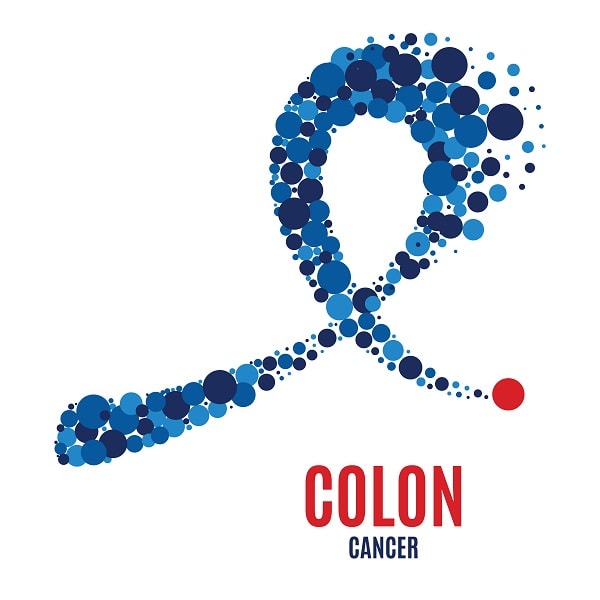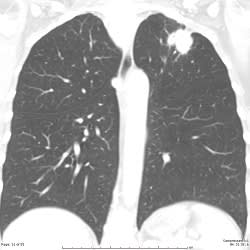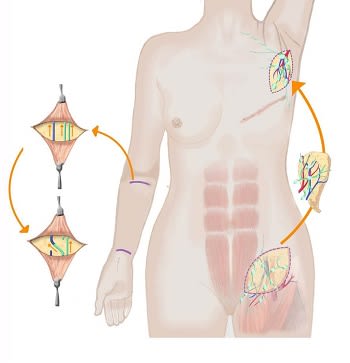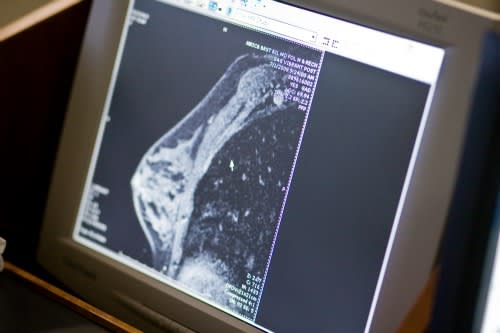DCIS: To Treat or Not to Treat? That is the Question
Published: August 31, 2015l
By Helen A. Pass, MD, FACS, Co-Director, Breast Center, Chief of Breast Surgery
In short, the answer is one recommendation does not fit all because not all ductal carcinoma in situ (DCIS) behaves the same. Select patients can do well with tailored, minimal treatment, but others (those with more aggressive DCIS) will benefit from more intensive and extensive interventions. The key is to not overtreat patients with “good” DCIS, but it is equally important to also not miss an opportunity to favorably influence the natural history of patients with aggressive, or “bad”, DCIS.
The recent publication in JAMA Oncology by Narod et al which was summarized in the New York Times article “Early-Stage Breast Condition May Not Require Cancer Treatment” has called into question the need to diagnose and/or treat DCIS. The NYT reporter, Gina Kulota, succinctly summarizes the data noting, “Treatment may make no difference in their outcomes. Patients with this condition had close to the same likelihood of dying of breast cancer as women in the general population, and the few who died did so despite treatment, not for lack of it.” Her conclusion was that “most women with DCIS might not need mastectomies or lumpectomies.” As with most things in medicine, the answer is unfortunately not that straight forward. Let’s look at some of the issues.
Clearly, the research is provocative; however, since almost everyone in the study (nearly 98%) underwent surgery, it is impossible to evaluate the impact of omitting surgery from this study. However, this data does exist. Drs. Dupont and Page of Vanderbilt University conducted a retrospective review of the pathology slides of patients who previously had undergone biopsy at Vanderbilt Hospital. They identified a group of 28 patients who were initially given a benign diagnosis and therefore treated by biopsy only. They originally published their seminal work in 1982, and in 2005, provided an update with over 40 years follow up. They clearly demonstrated that DCIS is a precursor to invasive breast cancer. 40% (11 of 28 women) ultimately developed invasive breast carcinoma in the same quadrant in which the biopsy for DCIS was taken. 45% (5 of 11 women) subsequently developed distant metastases resulting in death. It is also important to recognize that these women all had low grade (favorable) DCIS, which is the reason the lesion, was initially missed. It is not unreasonable to think that patients with high grade (unfavorable) DCIS would fare worse. While the number of patients in this series is small, this is the best data available in the literature documenting the natural history of untreated ductal carcinoma in situ. These findings support excision (surgical removal) of DCIS, even low grade.
This study specifically notes that not all cases of DCIS are the same. DCIS was found to be more biologically aggressive when it was high grade, ER/PR negative, Her-2/neu positive, associated with symptoms (such as bloody nipple discharge), arose in women under 40 years old, or occurred in African-American women. Appropriately, the authors cautioned patients who had DCIS with any of these findings to receive standard therapy.
For the remainder of women newly diagnosed with DCIS, treatment decisions need to be individualized as a result of a meaningful discussion between the patient and her physician. The characteristics of the DCIS, the patient’s personal and family history, and most importantly their priorities, and desires all need to be factored into a collaborative treatment plan. Issues to be discussed include the need for surgery, type of surgery, innovative techniques (oncoplasty) to improve the cosmetic outcome of surgery, the role of and need for radiation, and the benefit balanced with expected side effects of endocrine treatment. Some women may choose to minimize interventions; others may wish to take a more preemptive approach.
Since not all DCIS is the same, it would be a mistake to treat all DCIS the same way. The best approach is to not overtreat “good” DCIS and equally importantly to not undertreat “bad” DCIS.


?h=333&iar=0&w=500)



































































)


)

)




